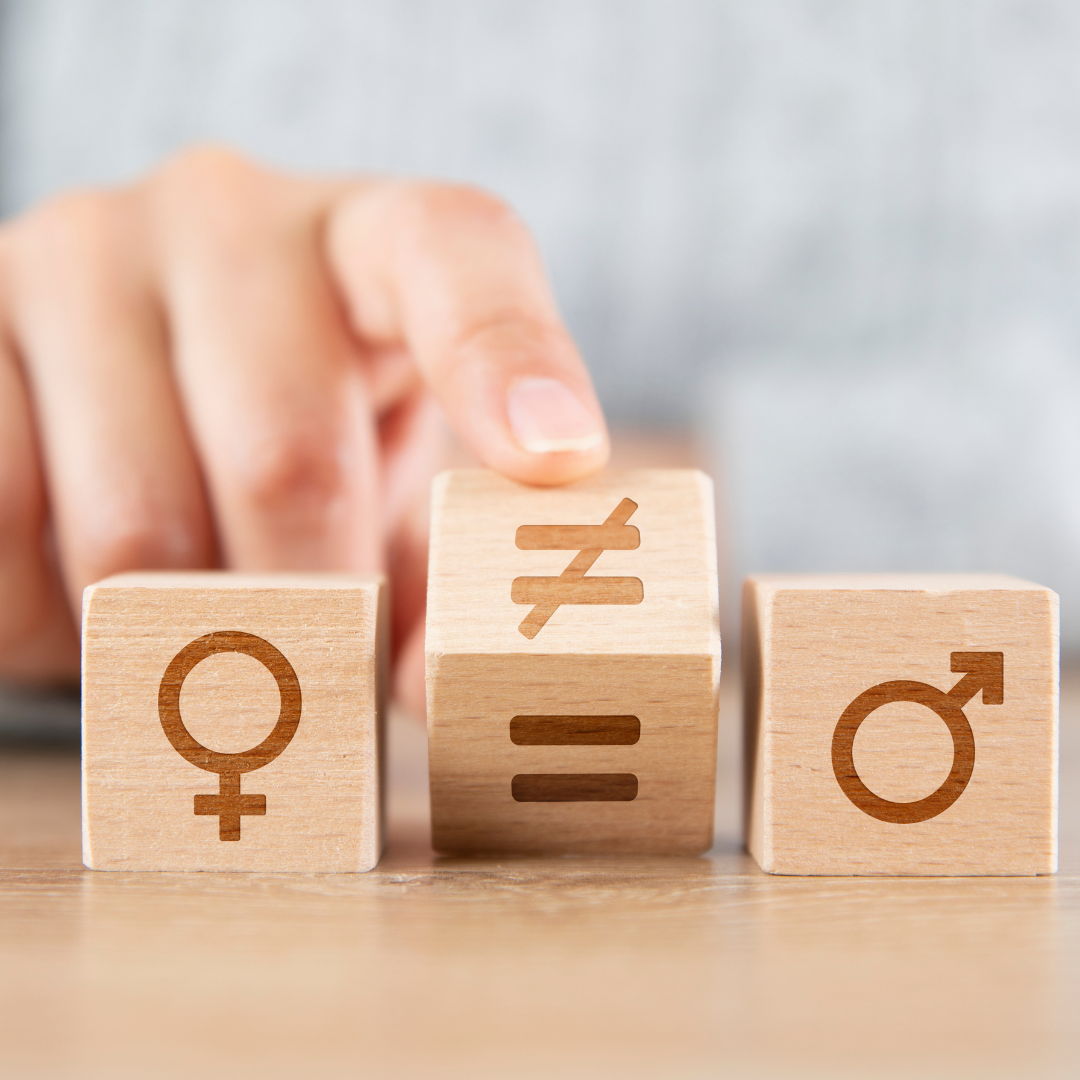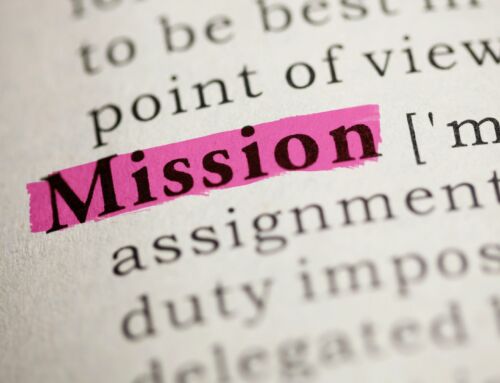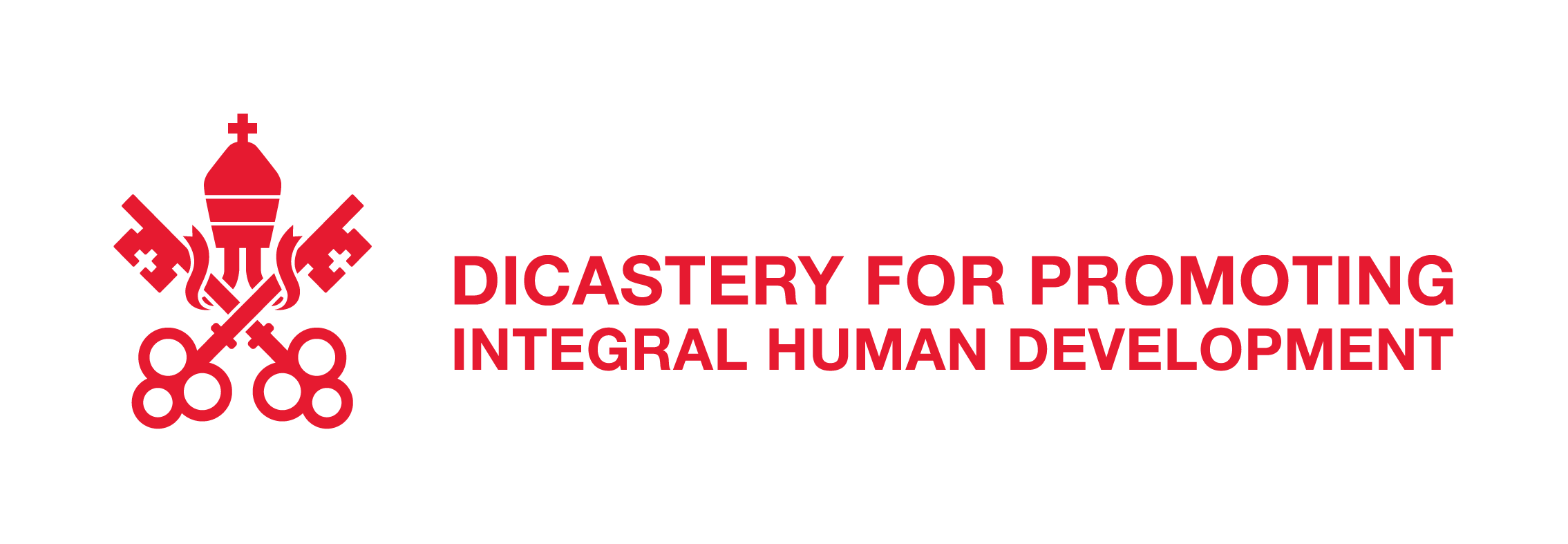
Getting Tired of Gender Equality
By: Diletta Pasqualotto
There are many inequalities in the world. And, despite current events that seem to bring civilization back hundreds of years, societies are working to not let anyone behind. Or at least, benevolent people are pushing to create a better society. However, as preposterous as it sounds, there are inequalities that are not perceived as such from mostly conservative sides of society. One of them is gender inequality.
As junior coordinator of the “Women for Economy” village, I have encountered mostly support and active listening to the problems we have uncovered regarding this topic. However, I also found myself defending our “roles”. For example, I have received from a couple of people a lecture after I used #WomenEmpowerment in one of my posts. According to them, Women’s Empowerment is an anti-Christian concept. I do not hide that I was perplexed by the meaning of the comment, but I reminded them how the greatest supporter of women’s empowerment is actually Jesus Christ (see for instance Martha and Mary’s, Angels’ Annunciation’s, and Jesus healing the bleeding woman’s biblical passages).
The opposers of gender equality who feel fatigued and aversion could be divided into two types of categories using the homo economicus definition. The first category of people is those whom I call the indifferent homo economicus who act rationally pursuing wealth for their own self-interest. Because they don’t have experience discrimination of any kind, the indifferent homo economicus gets tired from loud movements such as #MeToo and #TimeisUp, and/or they do not perceive gender inequality as an issue.
The second category regards accuser homo economicus who feel their balance and privileged positions threatened by concepts such as women empowerment and gender equality. They often rely on arguments such as polarization, meaning that gender equality is a weapon that aims to put men and women into conflict; or actual accusations of contemporary failure of society like low birth rate.
Although there can be understandable critics from their side, the aim of this article is not to respond to these arguments. However, Pope Francis’ answers to the matter are worth citing: “Many believe that the changes that have occurred in these last decades were put in motion by the emancipation of women. But even this argument is invalid, it’s false, it isn’t true! It is a form of male chauvinism, which always seeks to dominate women” (2015).
The direction of this article is to explain what gender equality can really “cause” also in everyone’s lives. Specifically, women empowerment and gender equality are not taking away opportunities from men. Instead, it leads to the formation of a healthier society. Here’s why and how:
- Aggressive, assertive, confident, demanding, and dominant are the traits of people in authority roles that have prevailed since always in the development of civilizations. On the other hand, with more women in authority, the traits and style shift from traditional and competitive style to cooperative and supportive leadership (Górska, 2016). The outcomes of more feminine traits can be seen in most gender-equality societies. They have higher well-being; 50% less chance of being depressed, and about 40% less risk of violent deaths (Holter, 2014). Thus, research suggests that supportive climates positively impact the welfare of society.
“Women empowerment and gender equality are not taking away opportunities from men. Instead, it leads to the formation of a healthier society.”
- The cornerstone of a country is the family and happier families create a strong society. Gender equality societies have been found to have higher children’s life satisfaction. Gender equality is also spread in the domains of work with more participation of fathers in child-rearing. Higher involvement of fathers results in improving the relationships with the children. Above all, it develops those emotional inputs that are specially delivered from the male counterpart such as boosting confidence, promoting more risk-taking and problem-solving behavior (Yogman, M., Garfield, CF, 2016; Ray et al., 2008). Moreover, active fathers’ child-rearing leads to a positive family climate and a more stable and happier family structure for both the couple and the children (Schober, 2013). Sharing the notion of care with men is freeing them from toxic masculinity that has only generated aggressive patterns.
- From a productive capacity of the economy, more female employment rate could boost GDP rate. Specifically, The European Institute for Gender Equality (EIGE, 2017) released their figures according to which by 2050, improving gender equality would lead to an increase in EU (GDP) per capita by 6.1 to 9.6%, which amounts to €1.95 to €3.15 trillion. One of the major outcomes is countering the shrinking and aging labor force and, surprisingly, higher fertility rate. This occurs when female employment and a more balanced sharing of unpaid work between women and men occur.
- Last, but nowadays the most important, if we want PEACE we need women equally involved in society. Women’s engagement is a key ally in the prevention of violent conflicts. It’s not only for social justice, but it’s critical to ensure stability and peaceful resolution of conflicts. In this direction, data shows that women’s participation increases the probability of a peace agreement lasting at least two years by 20 % and by 35 % the probability of a peace agreement lasting 15 years (UN Women, 41-42). One explanation is based on the assumption that female aversion to violence is inherent in the essential nature of women (Melander, E., Notes, A, 2005) This is embedded in mothering skills, childbearing and rearing and empathy attitudes, and is therefore referred to as the essentialist argument.
In the same line, it has been shown that countries with low human rights standards, gender equality included, are more likely to have militarized and violent interstate disputes (Herbert, 2014).
Therefore, it is highly important to increase the number of female presence in state leaders and in decision-making positions as well as in mechanisms for preventing and managing conflicts taking distances from masculinity and dominative solutions (UN Resolution 1325).
I have presented some of the benefits for the entire society related to gender equality. Nonetheless, it is also true that there are limitations that can be discussed and resolved within the organizational and institutional ground. On the other hand, why there are opposers to gender equality, it’s a question that can find the origin in many perspectives and circumstances such as our cultural, or personal, biases together with the self-preservation and fear of change. However, I strongly believe that through dialogue with the above two categories of homo economics, everyone can see the benefits and support each other.
Finally, I want to acknowledge that there are a great number of men moved by solidarity, fraternity and the understanding that the consequences of gender inequality are universal. As Pope Francis reminds us, “[equality] is the result of the conscious and careful cultivation of fraternity. Those capable only of being “associates” create closed worlds. Within that framework, what place is there for those who are not part of one’s group of associates, yet long for a better life for themselves and their families?” (FT, 2020:104).
REFERENCES
EIGE, (2017) Economic case for gender equality in the EU, Available at: https://eige.europa.eu/gender-mainstreaming/policy-areas/economic-and-financial-affairs/economic-benefits-gender-equality
Francis. 2020. Encyclical Letter Fratelli Tutti. Vatican Press.
Francis (2015) Saint Peter’s Square Wednesday, 29 April 2015. Vatican Press.
Górska, A. (2016) Gender Differences in Leadership. Studia i Materiaïy. 1/2016 (20): 136– 144
Herbert, S. (2014). Links between gender-based violence and outbreaks of violent conflict. GSDRC Helpdesk report 1169. Birmingham, UK: GSDRC, University of Birmingham. Available at: http://www.gsdrc.org/go/display&type=Helpdesk&id=1169
Holter, O.G. (2014) “What’s in it for men? Old question, new data”. Men and Masculinities. Vol.17(5):515–548.
Melander, E., Noted, A. (2005) International Studies Quarterly, Volume 49, Issue 4, December 2005, Pages 695–714,
Ray R., Gornick J.C., Schmitt J. (2008) “Who cares? Assessing generosity and gender equality in parental leave policy designs in 21 countries”. Journal of European Social Policy. Vol. ;20:196–216
Schober P. (2013) “Gender equality and outsourcing of domestic work, childbearing, and relationship stability among British couples”. Journal of Family Issues.Vol. 34(1):25–52.
UN Resolution 1325 (2000), Available at: https://www.un.org/womenwatch/osagi/wps/
Yogman M, Garfield, CF (2016) “Committee on Psychosocial Aspects of Child and Family Health. Fathers’ role in the care and development of their children: the role of pediatricians”. Pediatrics. 2016;138(1). Available at:
https://pediatrics.aappublications.org/content/pediatrics/early/2016/06/10/peds.2016-1128.full.pdf.

DILETTA PASQUALOTTO
- MBA in Leadership at Queen Mary University of London.
- MSc in International Management at Royal Holloway University of London.
- Junior coordinator of Women for Economy Village
- Currently working in foreign trade department in Heavy Machinery Industry.















